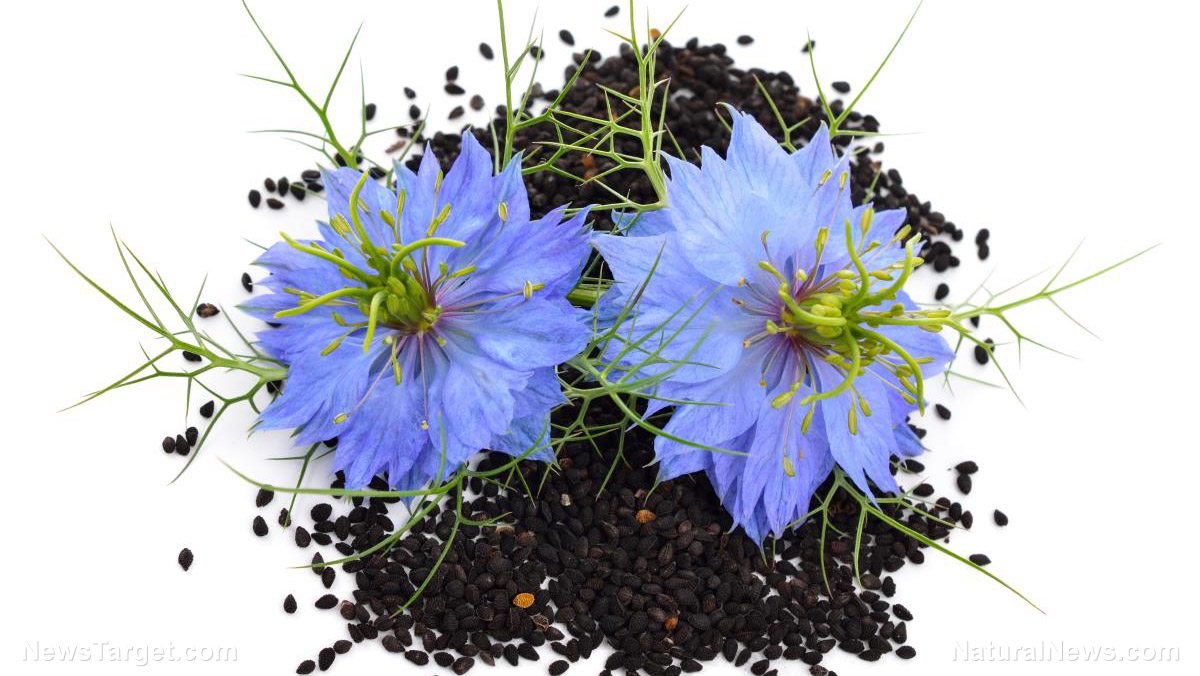05/30/2018 / By Russel Davis
A meta-analysis published online in the Anesthesia & Analgesia journal shows that integrative medicine treatments — such as yoga, acupuncture and mindfulness meditation as well as relaxation techniques and massage therapy — show preliminary efficacy in pain management. A team of researchers at the Harvard Medical School reviewed up to 32 studies as part of the review.
The experts observed that acupuncture showed the strongest evidence in alleviating chronic pain. Likewise, a number of studies have demonstrated that undergoing acupuncture treatment may help reduce opioid doses needed to control pain. Acupuncture is also associated with lower odds of developing harmful opioid side effects.
The results also showed that yoga and its many forms was significantly effective in relieving lower back pain, osteoarthritis, headaches, and other types of pain. The researchers found that performing relaxation techniques may help alleviate lower back pain, while mindfulness-based programs help increase pain threshold among patients. Massage therapy, Tai Chi and osteopathic and spinal manipulation have also demonstrated similar pain management efficacy.
“In the current opioid crisis era, many integrative medical therapies can be used as complements to mainstream medicine to address pain and reduce opioid abuse and addiction-related disease. The consensus and results of this review suggest that complementary health approaches can help to improve pain and reduce opioid use. Integrative medicine for pain can play a major role in reducing the frequency and amount of opioid usage,” the researchers write in a News Wise article.
Studies back integrative medicine’s efficacy as non-drug intervention
An analysis conducted by researchers at the Coventry University in London and the Radboud University in the Netherlands has shown that both meditation and yoga may reverse certain molecular reactions in the DNA that result in poor health and depression. The experts have reviewed up to 18 studies with a total cohort population of more than 800 patients.
The research team observed that volunteers who engaged in mind-body interventions (MBIs) such as meditation and yoga had a marked reduction in nuclear factor kappa B (NF-kB), a molecule the prompts certain genes to trigger inflammation at a cellular level. The scientists note that persistent inflammation may speed up the aging process and result in psychiatric disorders such as depression. (Related: Better than drugs: New documentary explains how lifestyle choices such as gardening, yoga and meditation are the best path to mental health.)
“These activities are leaving what we call a molecular signature in our cells, which reverses the effect that stress or anxiety would have on the body by changing how our genes are expressed. Put simply, MBIs cause the brain to steer our DNA processes along a path which improves our well-being,” lead investigator Ivana Buric told Science Daily online.
In another study, researchers have found that participants who practice drug-free integrative treatments such as mindfulness training and yoga attained a significant increase in cortisol awakening response (CAR). According to the scientists, depressed people often have lower CAR levels. The findings show that patients in the intervention group had a 14 percent increase in CAR, while those who enjoyed the activities exhibited a 42 percent CAR increase.
“There’s growing evidence that social interaction and contact with nature has a positive affect on our mood. Studies into yoga suggest it can help alleviate stress by lowering the heart rate and blood pressure. And there is also research to suggest mindfulness, a form of meditation that focuses the mind on the present, helps you avoid being caught in a cycle of negative thoughts which cause stress,” Dr. Michael Mosley has stated in a Daily Mail report.
Sources include:
NewsWise.com
Journals.lww.com
DailyMail.co.uk
ScienceDaily.com





















